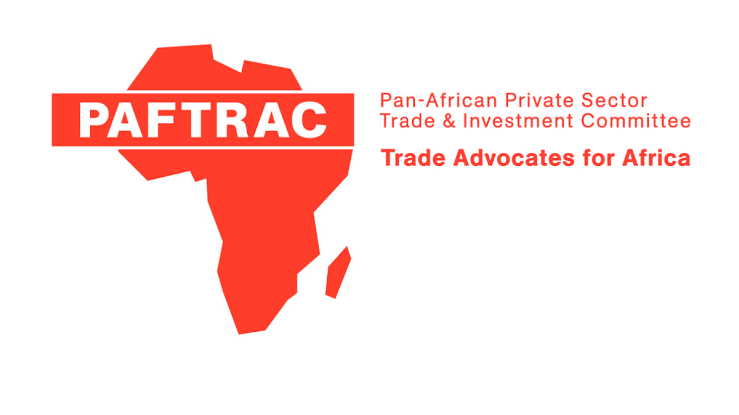Infant foods refer to specially formulated foods and feeding practices designed to meet the nutritional needs of infants, typically between the ages of 6 months to 1 year. These foods are introduced when breast milk or formula alone can no longer fulfill the nutritional requirements of the growing infant.
According to research published by the International Trade Centre ITC (Made by Africa: Creating Value Integration),the Infant food value chain links at least five African countries from different regions and has the potential to add value, reduce imports, lift trade, diversify economies and open opportunities for women and youth.
African reliance on imports despite an abundance of locally available food sources makes this a strong choice for regional sourcing and production. It is also a good sector for small business and for job creation for women.
Challenges in this promising value chain Include;
•Limited production capacity and low consumer trust in local brands hinder this
sector’s growth.
•Quality is a key consideration in the production and packaging of baby foods, but lack of modern production machinery and a weak quality infrastructure have curtailed growth.
Recommendation:
Regional and national strategies to support the baby food sector must plot out a path for growth that leads to better market information and harmonization/mutual recognition of standards and conformity assessment certifications at a continental level.
Muhammad Umar Aminu is the Co founder of Solidarity Innovation Katsina and an Alumni of ITC SME Trade Academy,Geneva. Solidarity Innovation Katsina is an early stage start-up business development Service provider that is primarily engaged in helping MSMEs businesses and entrepreneurs maximise opportunities in the African Continental Free Trade Area AfCFTA through facilitating access to capacity building,technology,funding and market amongst others.









